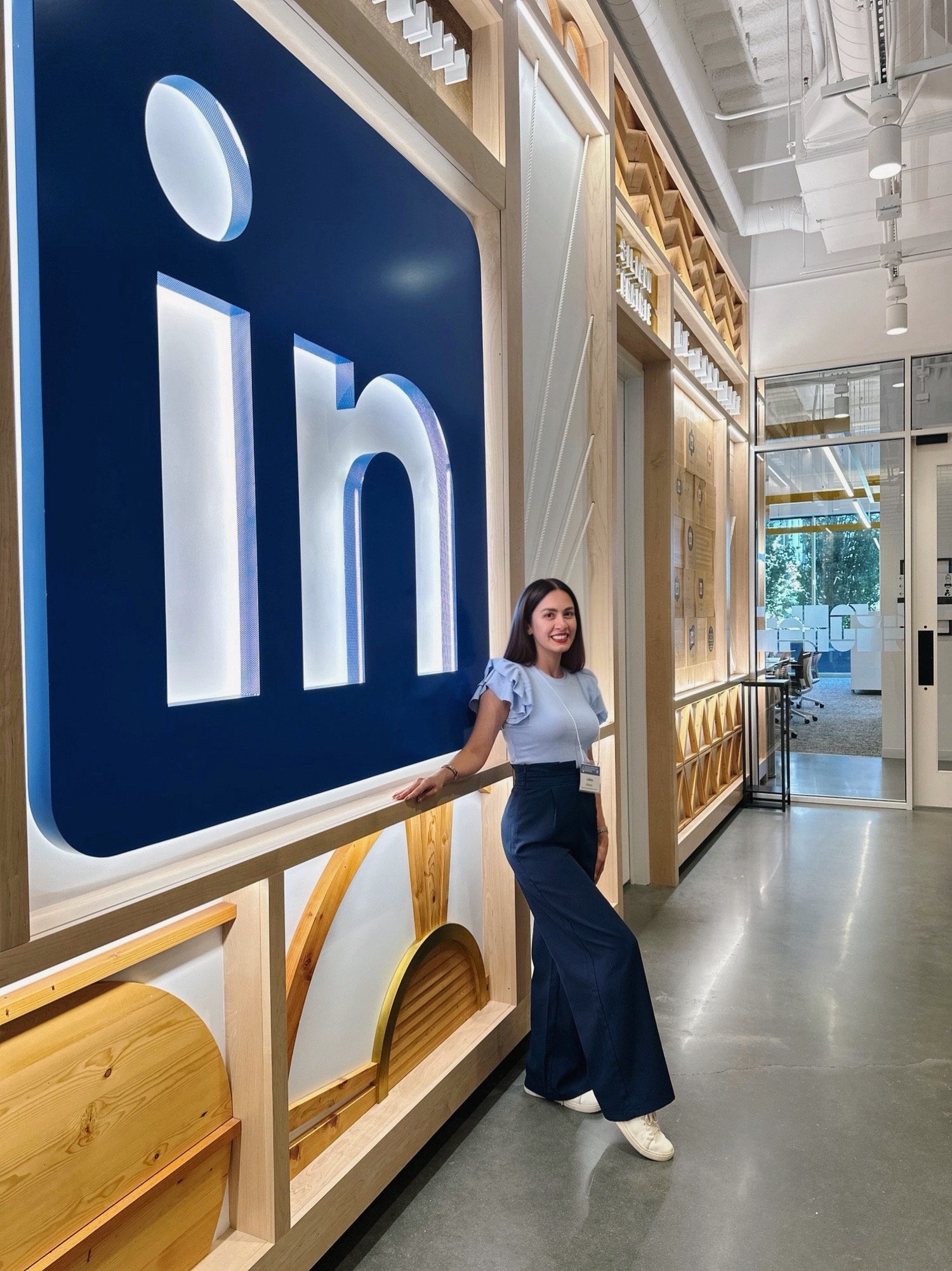When I first walked into the ATD Nebraska 2025 Regional Conference at LinkedIn’s office, I didn’t just enter as a participant. I entered as a story in motion, a Syrian-American woman, a trainer, a scholar, a survivor of silence who has spent years learning to lead in rooms I was never expected to be in.
This year’s conference theme, “Elevating Our Profession,” resonated deeply. Because for many of us, the act of elevation isn’t only professional. It’s personal. It’s political. It’s generational.
As a woman committed to leadership, storytelling, and transformation, my presence at this event was not just about absorbing knowledge; it was about contributing a voice that often goes unheard in traditional learning and development spaces.
Leadership, Reimagined
The conference brought together facilitators, coaches, HR professionals, and learning designers to explore the future of training. But what struck me most was the human energy in the room.
It reminded me that leadership isn’t found in titles or PowerPoint slides. It lives in how we connect, how we include, how we create room for others to rise with us.
For me, leadership is about showing up as my full self: Arab, immigrant, woman, listener, disruptor, bridge-builder.
It’s about asking deeper questions:
- Who is missing from this room, and why?
- How do we empower across language, identity, and experience?
- How can women leaders model power without replicating harm?
These are the questions I carried into every session, every side conversation, every moment of reflection.
Women’s Empowerment Is a Training Strategy
As a trainer and a feminist, I believe that learning is political. Every time we design a training program, we’re shaping how people understand themselves, others, and power.
That’s why representation matters.
That’s why inclusive facilitation matters.
That’s why seeing Arab women lead sessions, panels, and workshops is still too rare, and too powerful to ignore.
My presence at the ATD Nebraska conference was not symbolic. It was strategic. It was a commitment to remind the field: You cannot elevate learning without elevating the voices of women from the margins.
What I Took With Me
I left the conference with ideas, connections, and inspiration, but also with a deeper sense of responsibility.
I want to:
- Keep designing learning spaces rooted in justice and belonging
- Mentor and support other women stepping into leadership roles
- Speak louder when spaces feel silent
- Use storytelling to connect professional development with human dignity
Leadership, to me, is not about being the expert in the room. It’s about making space for others to be seen, heard, and valued.
And that’s what I experienced at ATD Nebraska.
Final Word: We’re Not Just Attending Anymore. We’re Leading.
For women like me, attending a professional conference used to feel like a step forward.
Now, it feels like a step upward, into claiming the microphone, not just listening.
Into designing the table, not just sitting at it.
And that’s the kind of leadership we need in learning.
I’m grateful to ATD Nebraska for making room. And I’m committed to holding that door open for many more.




